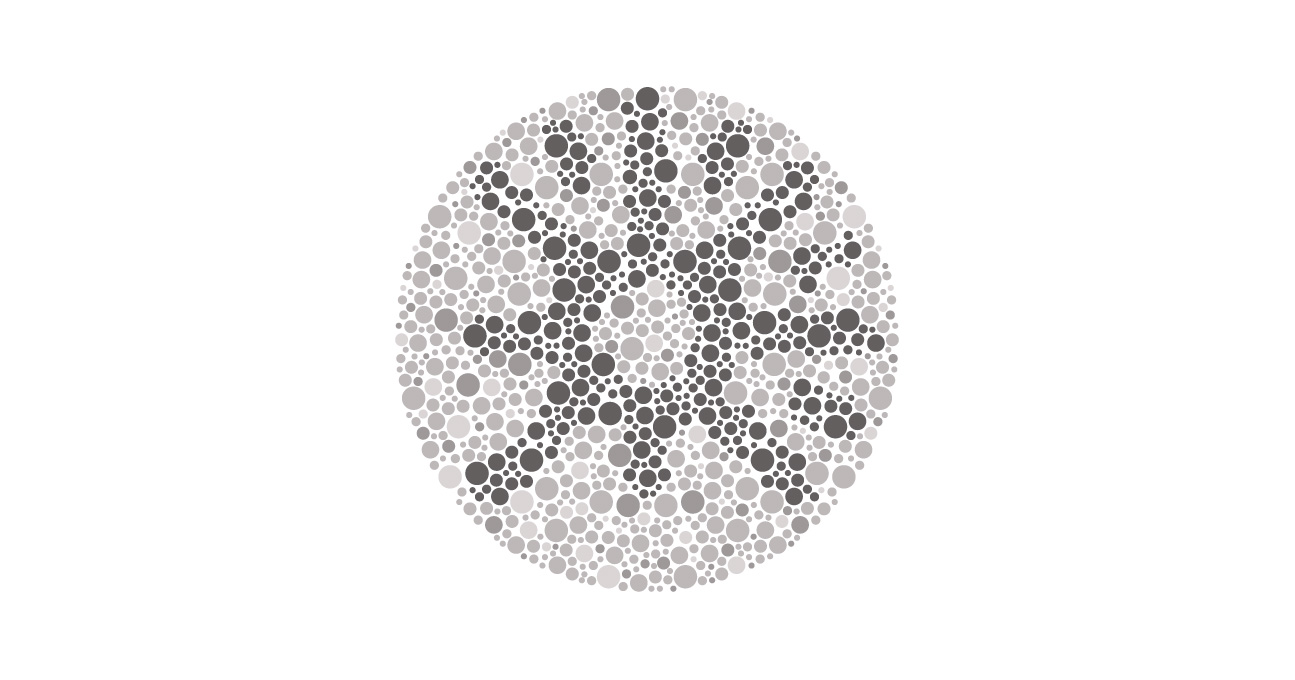National AccessAbility Week - Recognition, Celebration, leading to Action

Today marks the start of National AccessAbility Week. It’s billed as “a time for Canadians to promote inclusion and accessibility in our communities and workplaces, and celebrate the contributions of Canadians with disabilities. It is also a time to recognize the efforts of individuals, communities, and workplaces who are actively removing barriers to give Canadians of all abilities a better chance to succeed.”
So let’s start with the recognition. First and foremost, we’re thrilled that our own accessibility consultant, Sarah Jevnikar, has received her Certified Professional in Accessibility Core Competency (CPACC) designation from the International Association of Accessibility Professionals.
Oh, and did we mention she’s convocating from the University of Toronto as well this week? And she’s in the process of taking over my spot on the Ability First Coalition?
I single out Sarah, but she’s just one of many people -- both with disabilities and without -- who are doing a tonne of great work, often behind-the-scenes and with little glory (and even less desire for recognition), to make this a community for all. Sitting on both the City’s accessibility advisory committee and on the province’s Employers Table for accessible employment, I see a lot of incredible people rolling up their sleeves and giving of their time, talent, and dedication.
We’re all in it for one thing -- an inclusive society that, as our government states, can “give Canadians of all abilities a better chance to succeed.”
There’s still a long way to go. There are still too many myths and misconceptions out there, ranging from “It’s way too expensive to provide assistive technologies in my workplace” (it’s not); to “do we want to pave over this park?” (we don’t, but there are accessible and environment-friendly ways to augment existing paths).
Accessibility is all of us. At one point of another, we all benefit from accessible measures that are put in place. Think of curb cuts -- originally designed for people with disabilities, but embraced by cyclists, parents with strollers, older adults with walkers… How about captions? Designed for hearing impaired; used by anyone who has been in a crowded area staring at a TV screen. Or the accessible door buttons -- designed for wheelchairs; used by anyone with an arm full of groceries (or an aversion to touching door handles).
In fact, those things are so ubiquitous that we don’t even think about them as “special” anymore. And that’s the goal of accessibility. Taking away the “special” to allow everyone equitable access to the community and opportunities.
It’s not an easy fix. There are so many systemic barriers in place that restrict opportunities for people with disabilities. Some, like education, are going to take years to fix. Others, however, can be changed much more quickly.
Attitudes and knowledge are the easiest things to change. Focusing on the facts and dispelling myths starts by getting informed at places like Access Talent or Ability First. Reviewing your own policies, like we spoke of last week, or learning more about web accessibility is another place to start. Of course, it's always a good time to review your own website and make sure it conforms to the AODA requirements -- and we're always happy to help if you need it!
Ideally, a week like this isn’t just a signpost on the road, but rather the continuation (or start, in some cases) of a much longer journey. As we said on Global Accessibility Awareness Day, awareness is great, but without action, it does little.
So today, please feel free to “recognize the efforts of individuals, communities, and workplaces, and celebrate the contributions of Canadians with disabilities.” But, more importantly, learn from them, take inspiration from them, and act with them to make this dream of a more inclusive and accessible society real.
What is National AccessAbility Week?
What can I do to help support inclusivity and accessibility?
SUBSCRIBE TO OUR E-NEWSLETTER
 Subscribe
Subscribe


